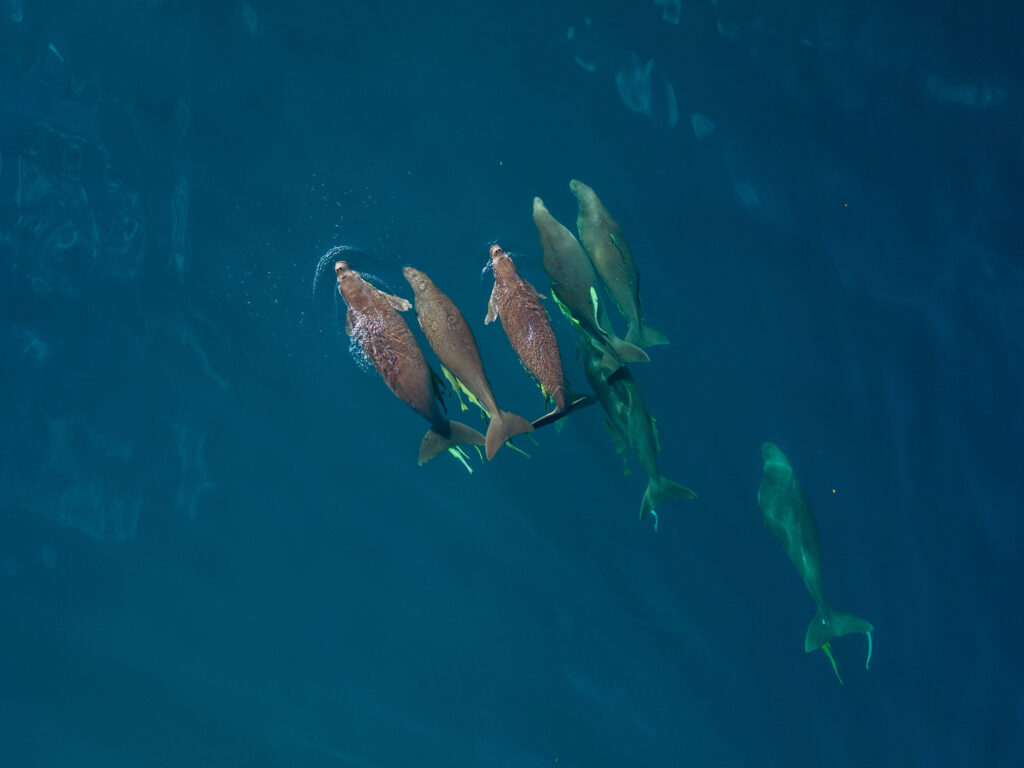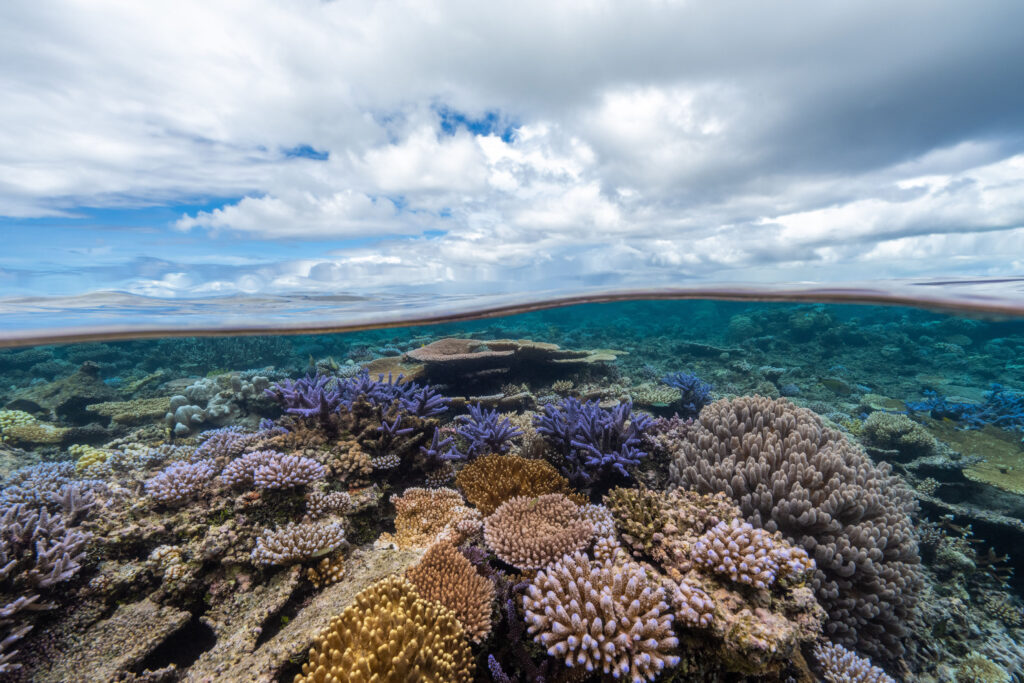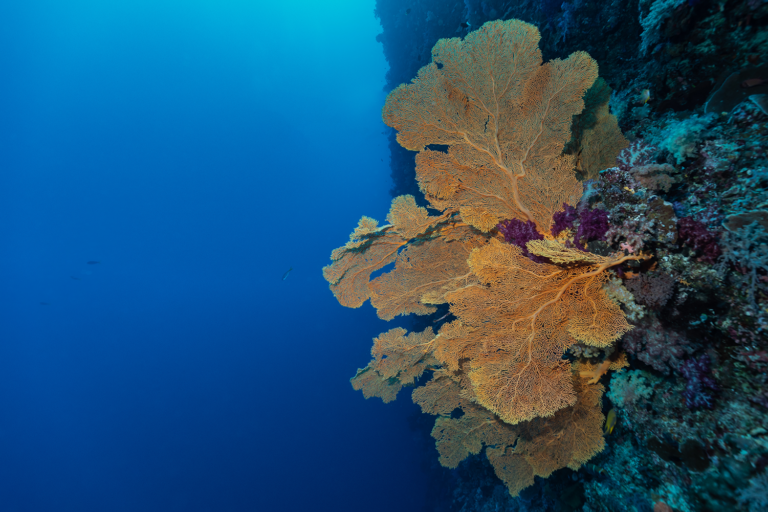Preserving Palau: Environmental Initiatives
Palau is a place that believes in environmental stewardship and social responsibility, where the well being of both the environment and its people are paramount.
Palau, a tiny island paradise, stands tall as a global trailblazer in environmental conservation. Our commitment to safeguarding the environment traces back to the earliest chapters of our history. For decades, Palau has been at the forefront of enacting visionary laws to protect our precious natural resources. As far back as 1956, our dedication to conservation has been unwavering. However, the essence of preservation goes beyond mere legislation— it is woven into the very fabric of our culture.
Today, Palau is faced with new unprecedented challenges – from climate change and ocean acidification to increasing pollution and illegal fishing. Palau is now reaching to the past to the caring wisdom of our ancestors and implementing the age old conservation method “bul’ in these modern times. This traditional practice is Palau’s foundational step towards effective conservation and sustainable management of its marine environment through the establishment of the Palau National Marine Sanctuary.
On October 28, 2015, President Tommy E. Remengesau, Jr. signed into law the Palau National Marine Sanctuary Act, one of the world’s most ambitious ocean conservation initiatives to date aimed at not only protecting Palau’s marine resources, but also at protecting the world’s tuna stocks.
This landmark legislation creates a no-take Marine Sanctuary (approximately 500,000 square kilometers) covering 80% of Palau’s Exclusive Economic Zone (EEZ), in which no fishing will occur, and creates a Domestic Fishing Zone covering approximately 20% of Palau’s EEZ in which traditional and domestic fishing activities will be allowed to provide fish solely for the domestic market.
Stewardship of the ocean and working within the limits of the environment has always been the way of the Palauan people. Balancing growth and sustainability remains in the best interests of this nation and its people. Palau’s economy is the environment and the environment is its economy and the Palau National Marine Sanctuary is the foundation that supports the sustainability and balance between our natural resources and economic development, ensuring that all of what makes Palau the Pristine Paradise it is today, will last for generations to come.
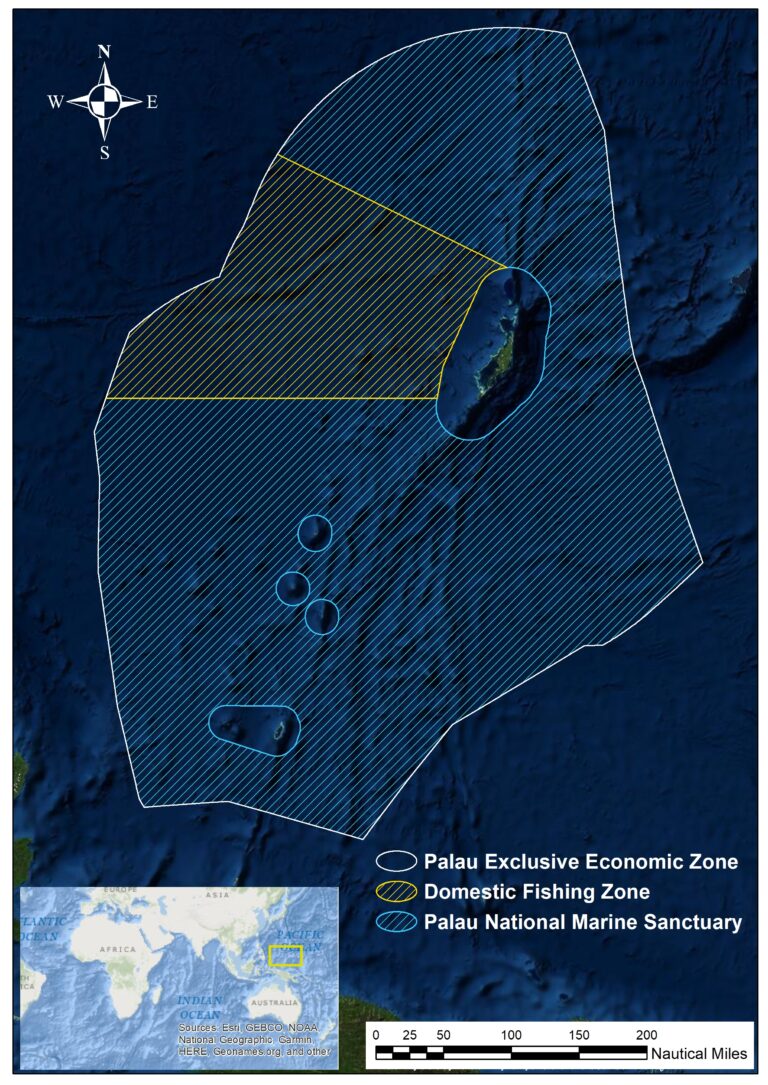
Palau's Conservation Milestones
1956 Ngerukeuid Islands (70 islands) Wildlife Preserve is created
1994 Palau becomes an independent nation
1994 Passage of the Marine Protection Act, which includes a moratorium on fishing for bumphead parrotfish and humphead wrasse
1998 Laws protecting sea turtles are passed
2003 Protected Areas Network establishes a framework for protected areas across Palau to get access to technical assistance, monitoring and funding
2006 Palau joins the Micronesia Challenge, a commitment of Micronesian states to conserve 30% of the marine environment and 20% of the terrestrial environment by 2020
2006 Ban on bottom trawling is enacted
2009 Palau established the world's first shark sanctuary
2010 Palau declares its exclusive economic zone to be a marine mammal sanctuary
2012 Rock Islands Southern Lagoon becomes UNESCO World Heritage Site
2015 Dugong Protection Act is signed into law
2015 Palau National Marine Sanctuary Act is signed into law
2017 Palau launches Palau Pledge, a pledge visitors take ipon arrival to protect the natural environment and respect local traditions
2018 Palau introduces the Responsible Tourism Education Act - Tour Operators must provide reusable food containers and water containers to their customers to reduce plastic waste
2020 Palau becomes the first nation to ban reef-toxic sunscreen
2022 Palau is the first Small Island Developing State (SIDS) to host the Our Ocean Conference

With the Palau Pledge, Palau is the first country in the world to change its immigration policy and landing procedures, asking all inbound visitors to sign a commitment in their own passports to protect the natural environment and respect local traditions
The Palau Pledge is a modern-day application of the traditional Palauan concept of BUL: a moratorium declared by Palau’s traditional leaders that places an immediate halt to the over-consumption or destruction of a species, place or thing. In this way, conservation becomes the responsibility of everybody not just enforcement officers or traditional chiefs.
The Palau Pledge is about raising awareness of the environmental issues associated with tourism to change how people travel and interact with the environment while on holiday. People travel to these beautiful places precisely because they are pristine, unique and offer something that they can’t see at home. Since tourism occurs in environmentally fragile areas rich in biodiversity (like Palau), its impact on the environment is significant. But guests to Palau – and any other country – need to be respectful of the environment and culture they are visiting to make sure they leave each place as they find it for future visitors and future generations to enjoy. The aim is to set an example for visitors to the country. The hope is that after they leave Palau this will also make them think of their own country’s future and how to treat the earth with due respect.

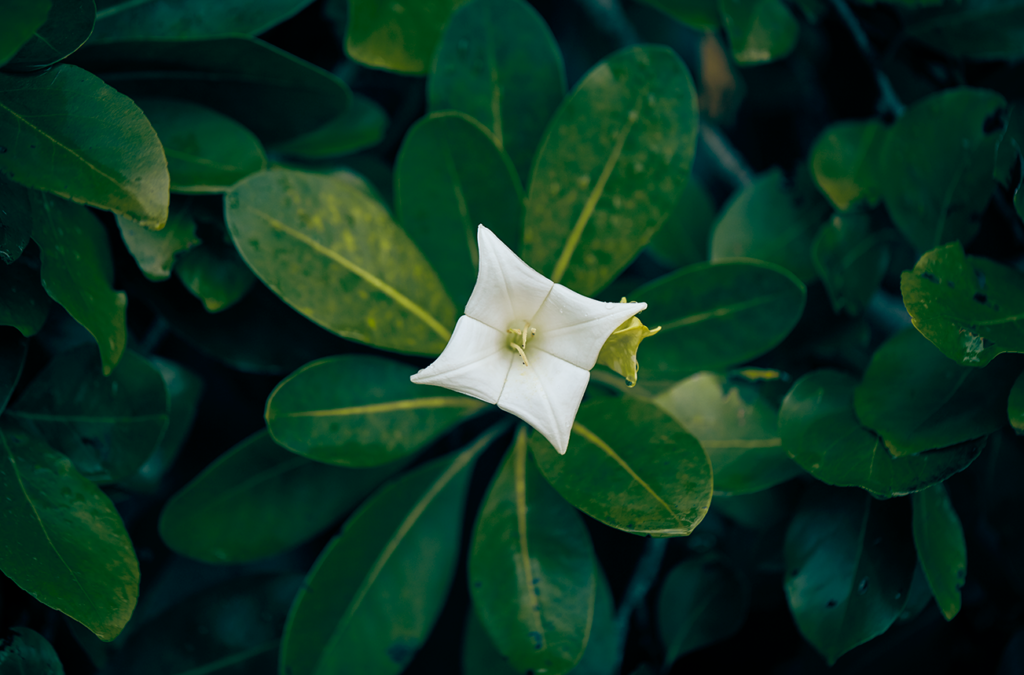
A 2017 study found that chemical sunscreen ingredients were widespread in Jellyfish Lake, both in the water and in the tissues of Golden Jellyfish. Major tourist sites, including coral reef dive and snorkel sites and Jellyfish Lake are essential to the Republic’s economy. Coral reefs also provide important ecosystem services.
Therefore, Palau has adopted a precautionary approach toward sunscreen and banned all sunscreen active ingredients and preservatives known or suspected to be reef-toxic. The risk of irreversible harm to the marine environment is too great to allow the introduction of suspected toxic ingredients into Palau’s pristine waters.
On January 1st, 2020 Palau became the first country to ban sunscreen that is known or suspected to be reef-toxic.
Only mineral sunscreens that exclusively list zinc oxide and/or titanium dioxide as their active ingredients and do not contain parabens, triclosan, trilocarban, or phenoxyethanol are allowed.
All sunscreens manufactured by members of the Safe Sunscreen Council meet Palau’s sunscreen requirements. These include: All Good, Babo Botanicals, Badger Kokua Sun Care, Mama Kuleana Reef & Skin Care Products, Manda, Raw Elements, Certified Natural Sunscreen, Raw Love All Natural Mineral Sunscreen, Sea & Summit Organic Sunscreen, Stream2Sea, Suntegrity, and Thinksport.
Unsure about your sunscreen? You can always purchase right here on the island!
